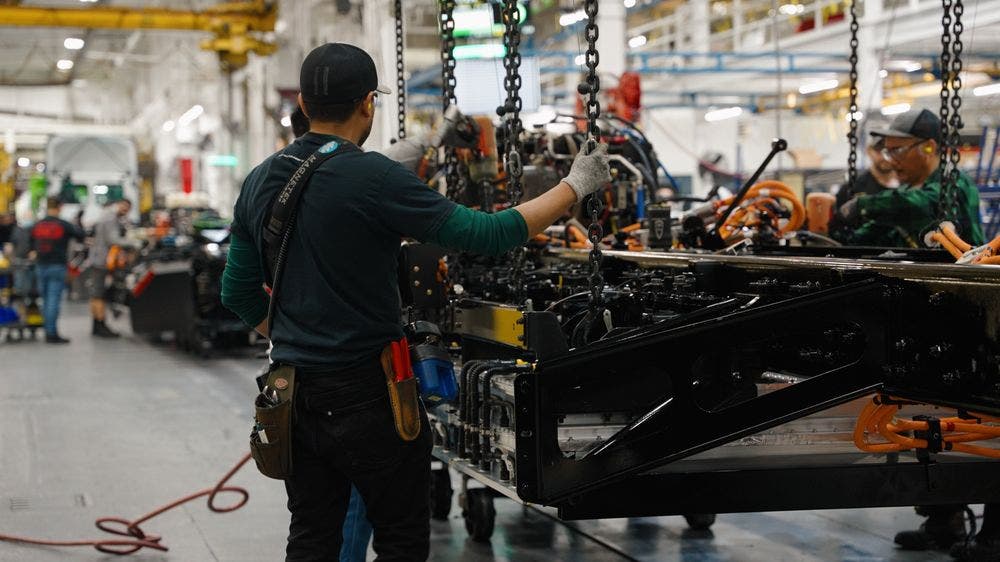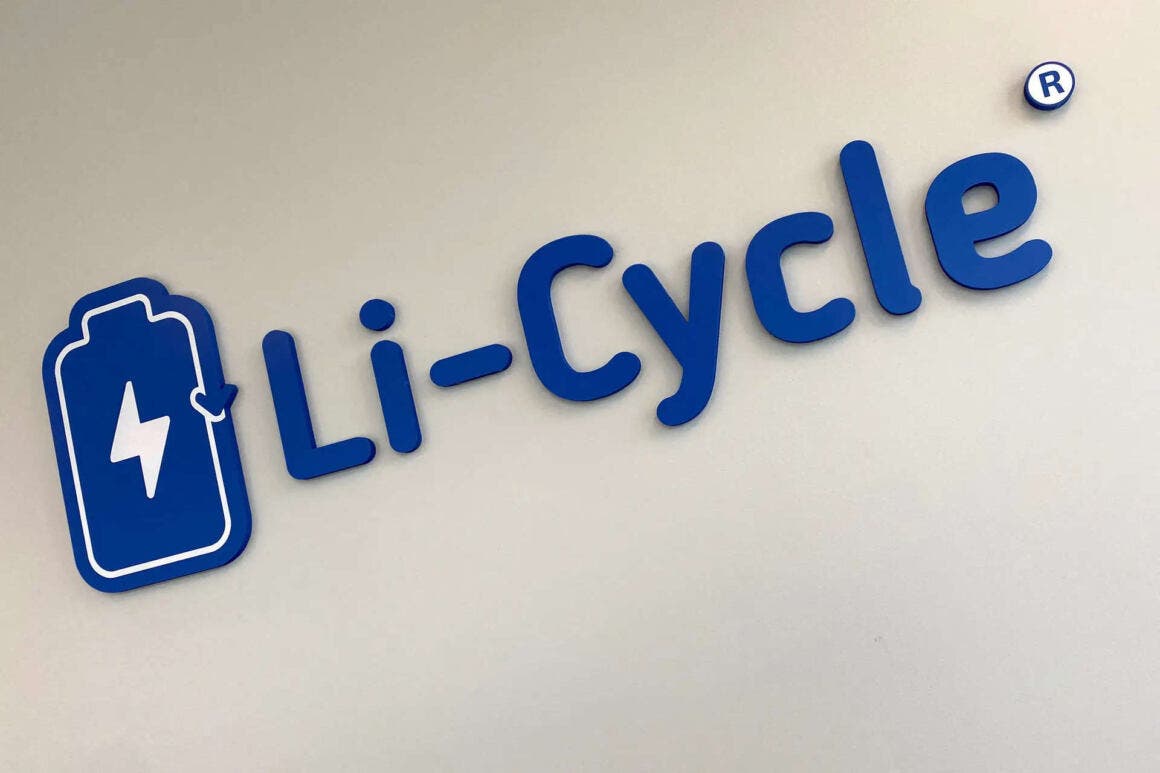This event was made possible by a loan from the U.S. government. The plant is seen as a very important factor in outgoing U.S. President Joe Biden’s vision for a national electric vehicle supply chain. The recycling plant we are talking about already has a long history. In fact, Li-Cycle had already announced the Rochester plant in September 2020 and actually wanted to put it into operation as early as 2022. It was later stated that it should be in operation by the end of 2023. Despite this, production was halted in November 2023 , and one of the reasons for this was precisely the costs, which greatly exceeded previous forecasts.
What does Li-Cycle deal with?
Li-Cycle has been independently operating a battery recycling plant in Magdeburg since August 2023 . At this site, Li-Cycle uses its patented third-generation beam technology, which can directly process all lithium-ion battery waste, including complete battery packs from electric vehicles, without discharging, disassembling or using thermal processes.
As an intermediate product, the company is involved in producing the so-called “black mass,” which contains a number of valuable battery materials such as lithium, nickel and cobalt. The company intends to further process this black mass in its hub systems. The first hub planned by Li-Cycle is the one in Rochester, New York, the very one to which the U.S. government investment has been earmarked.

Substantial loan for recycling plant
The news comes from Reuters source, who confirmed that the loan now granted for the facility would be as much as $475 million. A major investment, given that the facility would be one of the largest U.S. sources of lithium metal for batteries, consolidates an important part of Joe Biden’s climate agenda. The loan came just hours after Donald Trump’s election victory, and is aimed at making Li-Cycle independent of measures taken by the incoming Trump administration.
If all goes according to plan, with the necessary funds the recycling plant can be completed within 12 to 15 months. Jigar Shah, head of the Department of Energy’s Loan Program Office, said the loan underscores the Department of Energy’s role in supporting a strong national supply chain for electric vehicle batteries and critical materials, which is critical to strengthening America’s national and energy security.
The words of Li-Cycle’s CEO
Li-Cycle had been seeking this loan for nearly three years, but cost overruns and technical problems have so far forced it to hire an expert to restructure the company last year. That event raised doubts among investors about the company’s survival. On the stock market, Li-Cycle’s price fell 75 percent in a year. While Washington reviewed the loan application, Li-Cycle remained on hold, without the ability to pursue its business plan.
Ajay Kochhar, President and CEO of Li-Cycle, further stated that throughout 2024, one of Li-Cycle’s main goals was to complete negotiations with the Department of Energy to prepare the final documentation for obtaining a loan. Now the company is pleased to announce the achievement of this important milestone, which it believes represents a strong vote of confidence in Li-Cycle’s patented, environmentally friendly recycling technology and business model.

